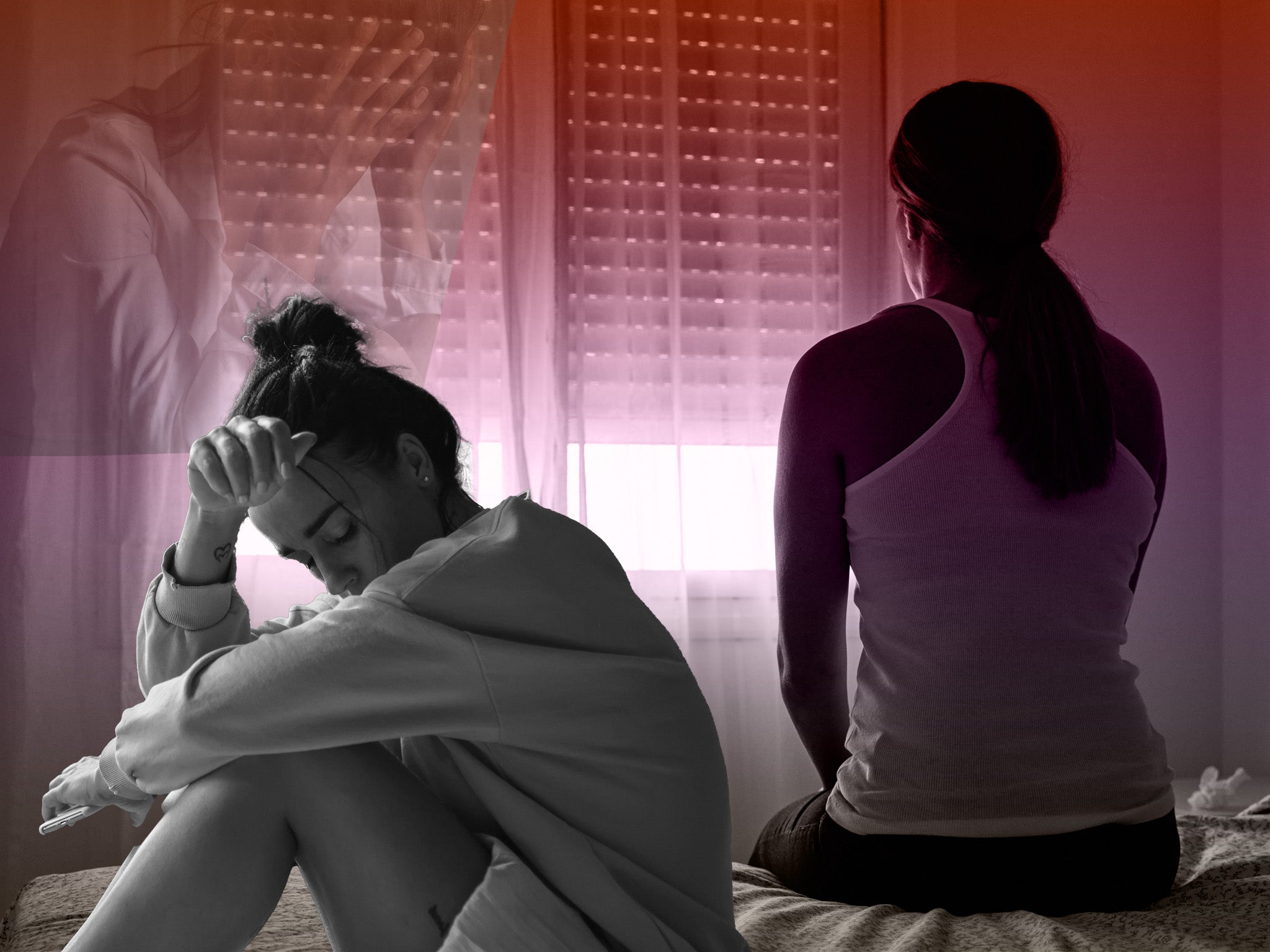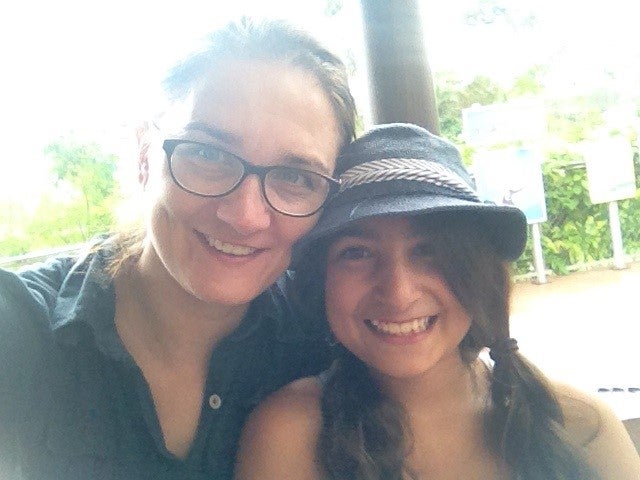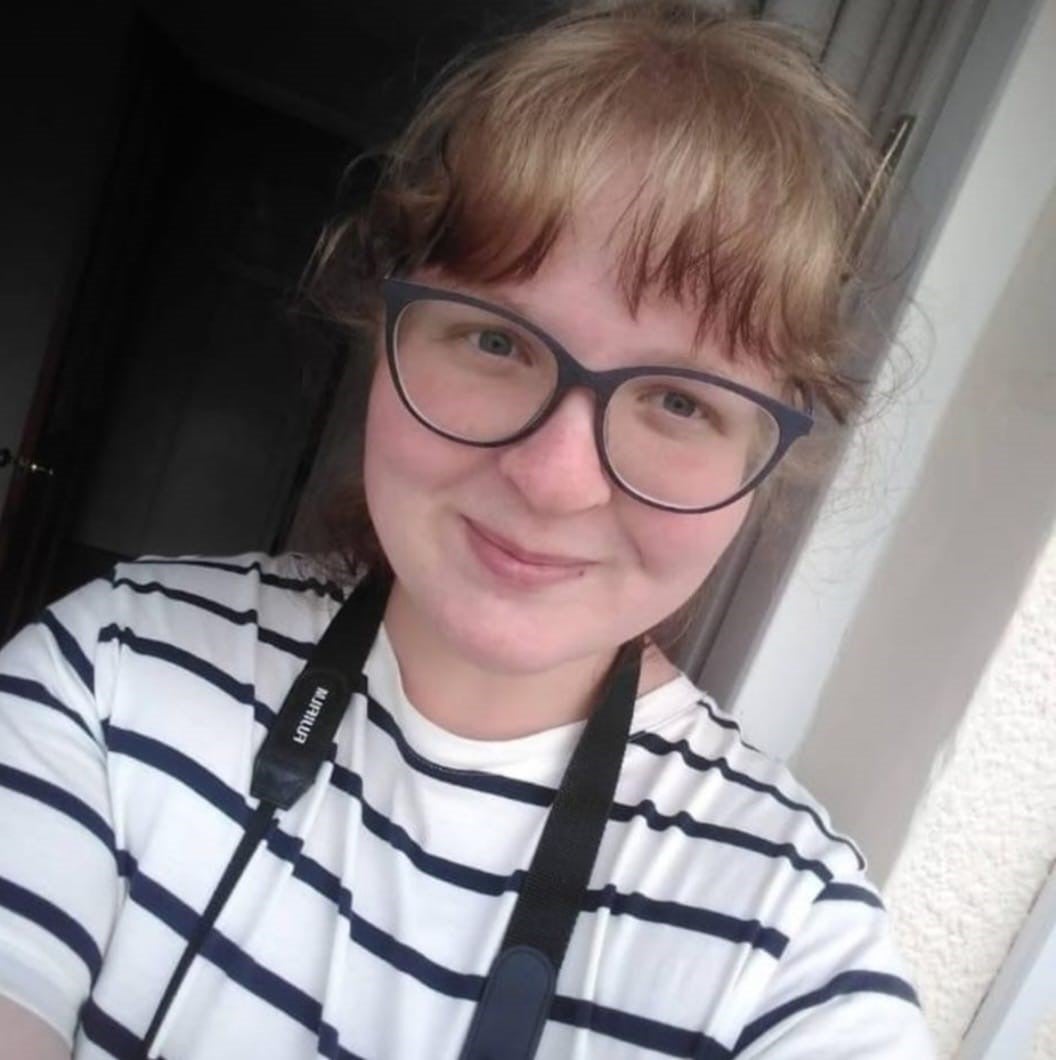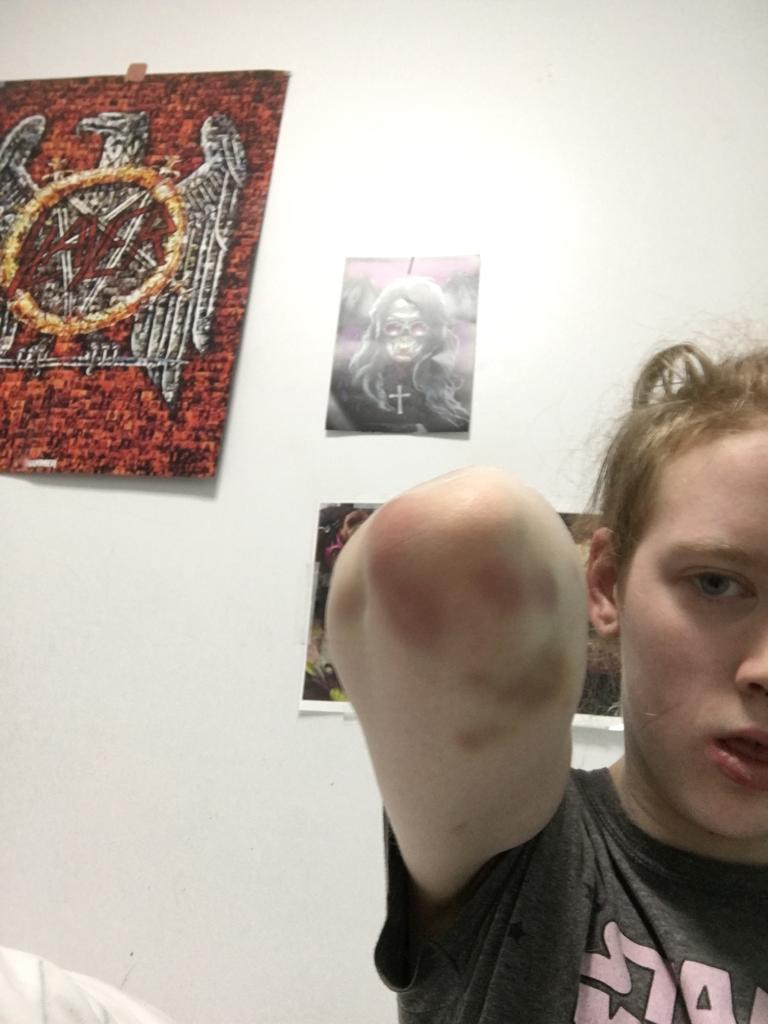Pinned down, force-fed and drugged into ‘zombie-like’ state: ‘Systemic abuse’ at children’s hospitals revealed
Investigation: Private mental health group was paid £190m by NHS despite hundreds of warnings over care, reports Rebecca Thomas


Your support helps us to tell the story
From reproductive rights to climate change to Big Tech, The Independent is on the ground when the story is developing. Whether it's investigating the financials of Elon Musk's pro-Trump PAC or producing our latest documentary, 'The A Word', which shines a light on the American women fighting for reproductive rights, we know how important it is to parse out the facts from the messaging.
At such a critical moment in US history, we need reporters on the ground. Your donation allows us to keep sending journalists to speak to both sides of the story.
The Independent is trusted by Americans across the entire political spectrum. And unlike many other quality news outlets, we choose not to lock Americans out of our reporting and analysis with paywalls. We believe quality journalism should be available to everyone, paid for by those who can afford it.
Your support makes all the difference.Children say they were “treated like animals” and left traumatised as part of a decade of “systemic abuse” by a group of mental health hospitals, an investigation by The Independent and Sky News has found.
The Department of Health and Social Care has now launched a probe into the allegations of 22 young women who were patients in units run by The Huntercombe Group, which has run at least six children’s mental health hospitals, between 2012 and this year.
They say they suffered treatment including the use of “painful” restraints and being held down for hours by male nurses, being stopped from going outside for months and living in wards with blood-stained walls. They also allege they were given so much medication they had become “zombies” and were force-fed.
But despite reports to police and regulators dating back seven years, and findings by the Care Quality Commission that the units were inadequate, the NHS has still handed Huntercombe nearly £190m since 2015-16 to admit children to its mental health beds.
Through witness testimony, documents obtained by Freedom of Information request and leaked reports, our investigation has uncovered:
- The CQC has received more than 700 whistleblowing and safeguarding reports, including “incidents of concern” and several “sexual safety” concerns
- NHS England was notified of 195 safeguarding reports between 2020 and 2021
- A 2018 internal report at Meadow Lodge hospital in Newton Abbot (now closed) found staff members using sexually inappropriate language in front of patients
- 160 reports investigated by Staffordshire police about Huntercombe Staffordshire between 2015 and 2022
- Between March 2021 and 2022, the CQC gave permission for 29 patients to be admitted to Maidenhead hospital after it was placed in special measures
Anne Longfield, the former children’s commissioner who is leading an NHS task force on inpatient care, said she was “very concerned” by the findings, calling for urgent reinspection of the sites in Maidenhead, – now known as Taplow Manor – and Staffordshire, now known as Ivetsey Bank Hospital.
“I was really horrified to hear the testimonies from the young people, and for the families as well, really saddened by what I heard, because clearly, it had such an impact on their lives, not only at the time, but still in their lives,” Ms Longfield said. “I think parents will want to know, and young people want to know straightaway and have reassurance from the CQC as to what the picture is.”
The Care Quality Commission (CQC) is also conducting a criminal investigation after police launched their own investigation into the death of a young girl within the Huntercombe Hospital, Maidenhead in February.
‘I didn’t want to be alive’
All 22 patients who have spoken with The Independent have described excessive use of restraint by staff at the Huntercombe CAMHS units. Three internal reviews were commissioned by The Huntercombe Group following patient complaints in 2020 and 2021 – one found a young patient was subjected to “repeated physical restraint” which was deemed to be “coercive” and relied on as a “first-line intervention”.
It also found restraint had been used as a “default” response for managing challenging behaviour.

Amber Rehman was diagnosed with post-traumatic stress disorder in the wake of her time at The Huntercombe Hospital, Maidenhead.
Ms Rehman, who was a patient in the eating disorder and pediatric intensive care unit (PICU), described how five staff would hold her down to feed her through a nose tube. “I’d be telling them I’m going to be sick; they wouldn’t listen and I’d throw up and my tube would come out my mouth... They’d reinsert [the] tube and do a whole other feed and keep going... Physically, I was feeling like I was going to die. When I was there, I couldn’t physically get out, it felt more likely that I’d be able to succeed at killing myself than ever getting out... I [will] never, ever, ever let myself go into the hospital again. That’s my biggest fear, my biggest fear.”
Her mother, Nikki Broughton Smith, raised concerns with the hospital, the CQC, NHS England and local MPs. She said: “She did not get access to the support services she needed. They took away from my point of view, every kind of autonomy, every liberty, everything that we would consider to be empowering.”
Alice Sweeting was admitted to the same unit in 2021, and has also been diagnosed with PTSD. She told The Independent: “They treated me just like an animal. It was awful. I’ve got a lot of bruises from the restraints. I got dragged about and pushed. I’ve got pretty much dropped onto the floor. You’d be restrained, like every day. Multiple times a day pretty much for hours. I think the longest I’ve been restrained was about four and a half hours.”
In March the CQC published a report rating the Staffordshire site inadequate, while Maidenhead is currently rated as “requires improvement”. However, some allegations date from before 2019, when the hospitals were rated “good”.
Kirsty Bailey, a patient at Staffordshire in 2012, told The Independent: “There is no doubt in my mind that the Huntercombe group is guilty of systemic failures and abuse.”

Another, Teya Stewart, who was a patient at Maidenhead in 2017, said restraints would “leave me black and blue.”
“I am still struggling from trauma from this,” she said. “Whilst being a patient at Huntercombe Maidenhead it was the most difficult time of my life... It made me feel traumatised and had had a massive impact on my life; I get flashbacks most days from the trauma they have caused and stuff I witnessed.”
Danielle Middleton, who was an inpatient in Maidenhead from 2014 to 2016, described one incident with a male nurse.
“He put his knee on my back. He had my hands behind my back. Someone was told to hold my head, two other people had hold of my legs... It just affected me so much. I mean thinking back, this makes me cry because that is what they did all the time.
“He put a weighted blanket on top of me... They were laughing about me [having] my trousers down. I just remember being there thinking why is this happening?”
Medicated ‘like zombies’
Patients described the heavy use of antipsychotic medication by staff at Maidenhead and Staffordshire from 2010 to 2022.
Tessa, who was an inpatient at Maidenhead in 2020, when she was 14 years old, was on so much medication she’d sleep 18 hours a day, and on top of regularly prescribed medication, she said staff would give her “PRN” medication, which means ad hoc doses, four times a day.
Both Tessa and her mothers, told The Independent they raised concerns about the fact that she was being given someone else’s medication. It was later discovered she was being given someone else’s prescription.
According to her mothers, when Tessa was finally set to be discharged her NHS England team told them she was “on a shed load of medication and nobody’s sure how this has happened”.

Rachel Malone was 13 when she was admitted to Maidenhead from 2010-2014. She told The Independent that the levels of medication she was given made her “feel like a zombie” but that “as long as I was drugged up they were happy”.
Lyra Williams was an inpatient at Maidenhead and Watcombe Hall in Torquay from 2013, when she was 14, until 2017. She said staff would “rather just give us a pill than ever talk”.
Patients told The Independent that wards at the Maidenhead and Staffordshire hospitals were “filthy” and covered in blood and faeces.
Criminal investigation
At least two children are known to have died within Child and Adolescent Mental Health (CAMHS) units run by Huntercombe, in 2008 and in 2017, according to inquest reports. In 2017, the provider closed a unit in Torquay where a staff member was found to have sexually groomed a patient.
They admitted sexual abuse of three patients within Watcombe Hall.
In 2017, Mia Titheridge was found dead by staff at the Huntercombe Hospital in Norfolk, which has since been shut down. An inquest found staff had failed to carry out checks on Mia every 15 minutes as instructed. At one point she was left alone for 57 minutes.

Danae Rackliff, who was an inpatient at Staffordshire in 2017, shared several pictures of staff asleep outside her door, while she says they were supposed to be carrying out observations.
Despite promising to improve, further concerns were raised at Maidenhead in July 2022 over “poor practice” when carrying out observations of patients.
A freedom of information request has revealed the NHS spent an average £27m a year between 2015-16 and 2021-22 on contracts for children’s inpatient care with The Huntercombe Group hospitals.
Chris Dzikiti, of the CQC, said the Active Care Group, which took over the remaining Huntercombe Hospitals in December 2021, is currently subject to “close and ongoing monitoring” and will take “every action where necessary”.

Under current restrictions, patients cannot be admitted to Huntercombe Maidenhead without approval from the CQC and Active Care chief Sylvia Tang.
NHS England said its regional teams carry out weekly calls with the provider.
But families have raised concerns about the way regulators have handled complaints. Stephen Lake, who was forced to fight for his daughter to be discharged from Maidenhead this year, claimed the response from the CQC regarding the care of his daughter was “woeful”, and he was told to instead take the complaint up with the hospital.
Dr Sylvia Tang, chief executive of Active Care Group, said most of the alleged incidents date from before its ownership. She added: “Even so, we are very saddened and concerned to hear about these patient experiences as the wellbeing, health and safety of our patients has always been, and continues to be, our top priority. Our clinical teams are led by qualified and compassionate professionals.”
The provider said it delivers its services in line with specifications set out by the Royal College of Psychiatrists and the National Institute of Clinical Excellence and is regulated like other hospitals by the CQC.
The former owners of The Huntercombe Group, now called Eli Investments, said: “We regret that these hospitals and specialist care services, which were owned and independently managed by The Huntercombe Group, failed to meet the expected standards for high-quality care. The Huntercombe Group was sold in March 2021 and the 12 hospitals and specialist care services that were the subject of that sale are now part of the Active Care Group. We wish Active Care Group well in their ongoing operations.”
NHS England said it had “repeatedly” made clear services must provide safe quality care, “irrespective” of whether they are NHS or private.
A Department of Health and Social Care spokesperson said: “The allegations of mistreatment that have been raised are deeply concerning. Our first priority is to ensure anyone receiving treatment in a mental health facility receives safe, high-quality care, and is looked after with dignity and respect.
“We take these reports very seriously and are investigating the concerns raised and are working with NHS England and CQC to ensure all mental health inpatient settings are providing the standard of care we expect.”

Join our commenting forum
Join thought-provoking conversations, follow other Independent readers and see their replies
Comments